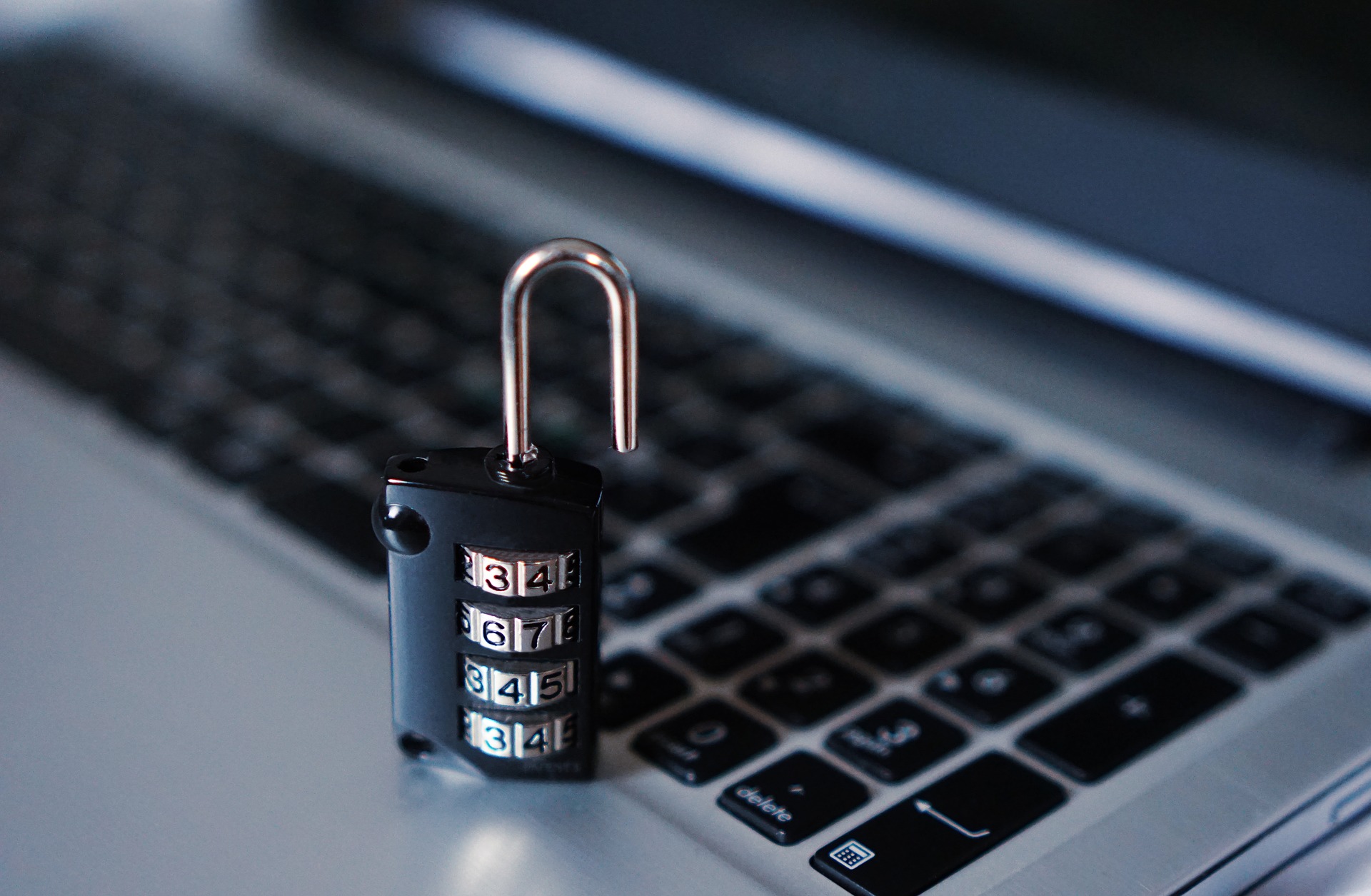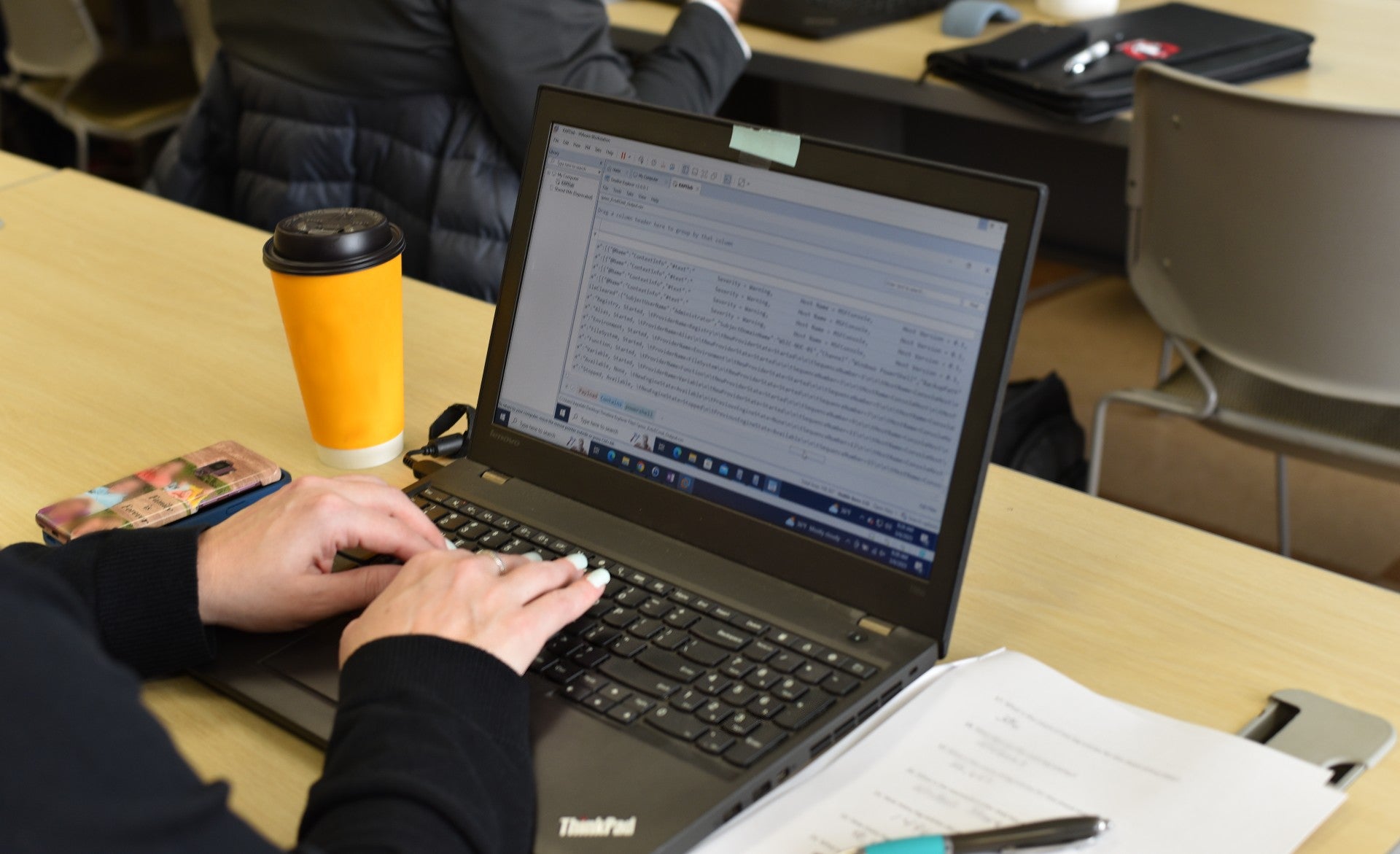Cyber security is all over the news these days, we look at what you should be doing to keep your personal computers safe and what software works best.
Featured in this Show
-
IT Expert On Keeping Your Computer Safe
What you do can make your computer more vulnerable — but it can also make it safer. There are a number of things you can do to help keep cyber thieves out of your computer, phone or tablet, said Jesse La Grew, an IT expert at the University of Wisconsin-Madison’s Division of Information Technology (DoIT).
La Grew stressed the importance of having a secure password and not sharing it with others.
“Make sure you change your password often, not only for your computer but for any website you use on a day-to-day basis,” La Grew added.
To create a strong password, the National Cyber Security Alliance suggests you make your password a sentence or phrase.
For example, “I love to swim.” They also encourage having a different password for every account. And if that seems too difficult to keep track of, the alliance suggests making your import accounts, like email and banking, have the strongest passwords.
La Grew said it’s a good idea to change your password frequently and use multiple layers of authorization, like retinal scans or a smartphone app.
It’s important to be careful about where you store your online information, La Grew said, noting not all clouds are created equal and people need to make sure they know what their signing up for.
“There’s been a lot of concern,” La Grew said. “When you put your data out in the cloud, (you need to know) how it can be used by the cloud provider and whether you actually still retain ownership.”
Use an anti-virus or anti malware program — even if you think your operating system may be keeping your device safe, he said.
“Another reason to have security software on your computer, such as anti-virus, is to make sure you aren’t spreading anything that doesn’t affect your computer but may affect other computers,” said La Grew. “Basically, it’s being a good steward of the cloud and the internet.”
La Grew also suggests:
- Making sure the firewall on your computer is turned on — this option can be found in your control panel folder on Windows systems or under security preferences in Apple devices.
- If you’re using wireless at home, protect it with a password— again make it complex and change it often.
- Using a pop-up blocker and other safe search software — this will help stop spam and phishing schemes.
Episode Credits
- Larry Meiller Host
- Jill Nadeau Producer
- Jesse La Grew Guest
Wisconsin Public Radio, © Copyright 2024, Board of Regents of the University of Wisconsin System and Wisconsin Educational Communications Board.


